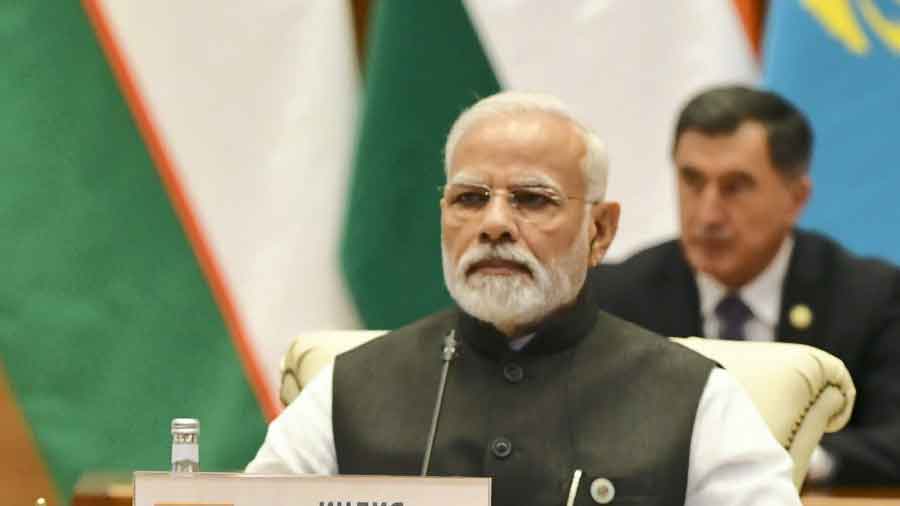A five-judge constitution bench headed by Justice Abdul Nazeer will on Wednesday start hearing a batch of petitions challenging the Narendra Modi government’s demonetisation of high-value currency notes in November 2016.
Over two dozen petitions have challenged the legal and constitutional validity of the demonetisation and the short window offered to citizens to exchange the demonetised notes.
A three-judge bench headed by then Chief Justice of India T.S. Thakur had in 2017 stayed all high court proceedings on pleas challenging the demonetisation, transferred to itself all these cases, and referred the matter to a five-judge bench.
Among the issues to be considered by the constitution bench, which includes Justices B.R. Gavai, A.S. Bopanna, V. Ramasubramanian and B.V. Nagarathna, are:
- Whether, in effecting the demonetisation, the government went beyond its authority in the light of Section 26(2) and other provisions of the Reserve Bank of India Act, 1934, which describe the Centre’s powers to demonetise legal currency.
- Whether the demonetisation violated Article 300A of the Constitution (no person can be deprived of property without authority of law).
- Whether the demonetisation violated Articles 14 (right to equality) and 19 (right to free speech) of the Constitution.
- Whether the limit on cash withdrawals from citizens’ own bank accounts had no basis in law and violated Articles 14, 19 and 21 (right to life and liberty).
- Whether the implementation of demonetisation suffered from procedural and/ or substantive unreasonableness and thereby violated Articles 14 and 19, and, if so, to what effect.
- If Section 26(2) of the RBI Act is held to permit demonetisation, does the section suffer from excessive delegation of legislative power, thereby violating the Constitution?
- What the scope of judicial review is in matters relating to the government’s fiscal and economic policies
- Whether a petition by a political party on these issues is maintainable under Article 32 (citizens’ right to approach the Supreme Court for the enforcement of their fundamental rights — one of the petitions challenging the demonetisation has been moved by the CPM).
- Whether the government discriminated against district cooperative banks by preventing them from accepting deposits and exchanging demonetised notes.
“Keeping in view the general public importance and the far-reaching implications which the answers to the questions may have, we consider it proper to direct that the matters be placed before the larger bench of five judges for an authoritative pronouncement,” the apex court had said in 2017.











